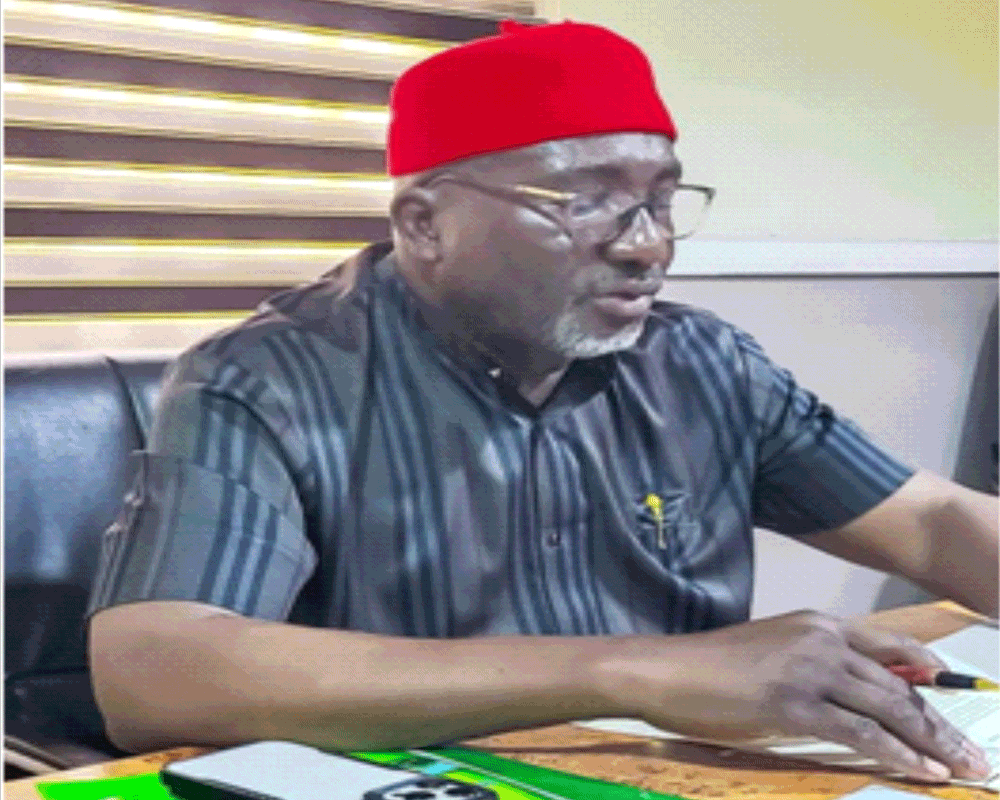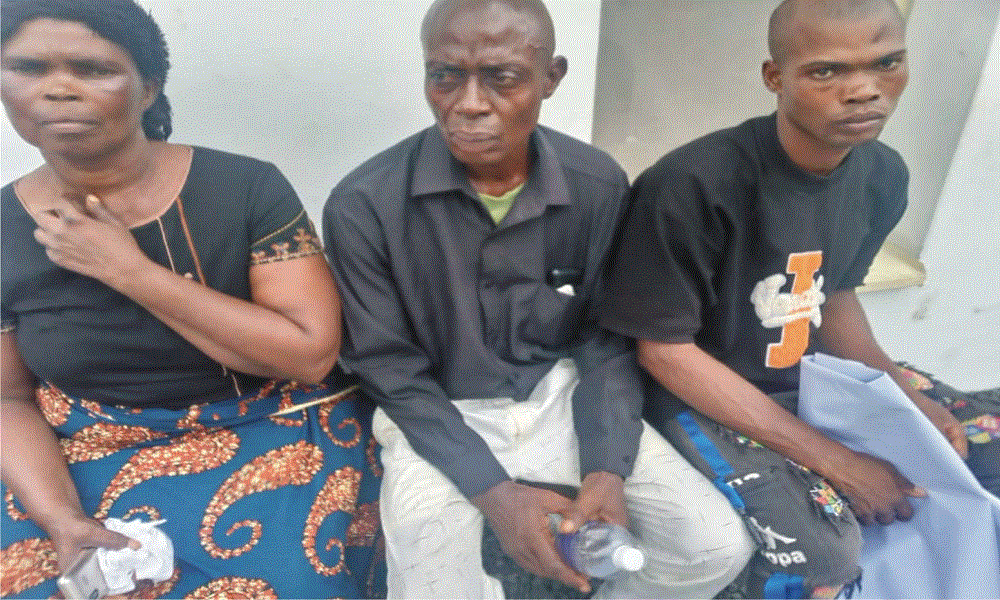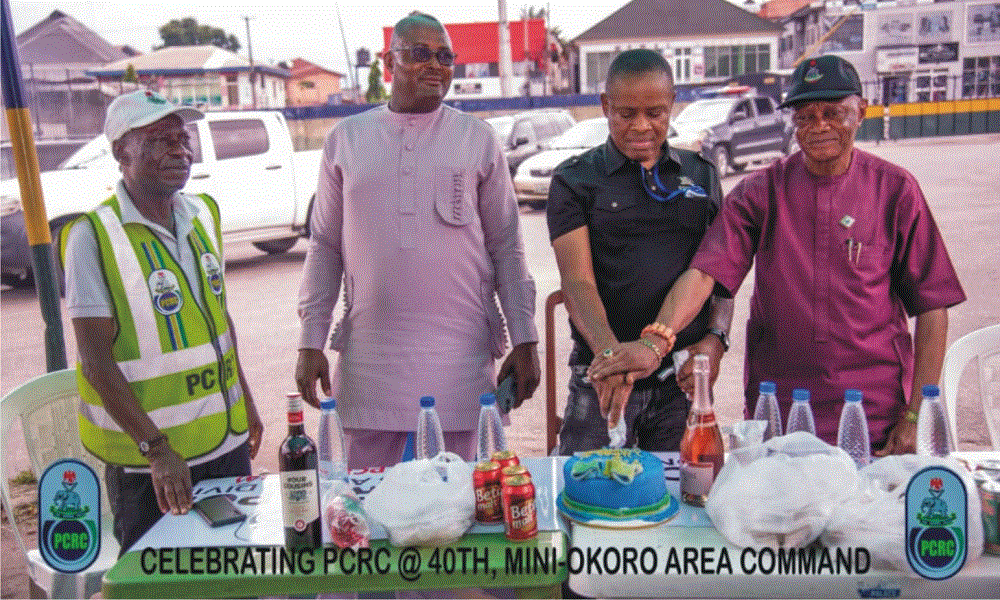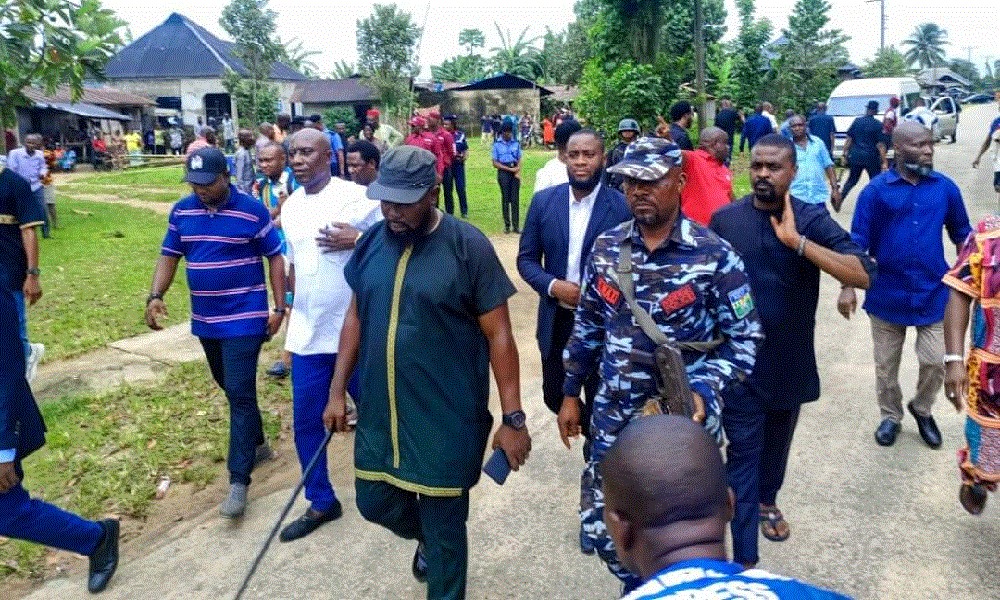RSU: Revolutionalizing Electronic Election
…As E-Voting Produces Another SUG
A critical evaluation of the current political, social and economic quagmire in the country reveal the consequence of a seemingly deliberate failure by the system to adopt a hitch-free electoral system devoid of manipulative tendencies by a self-serving leadership. Sadly though, this state of affairs has ostensibly foisted on our psyche, an electoral culture where rigging has not only become the fad but has assumed for us, a ‘middle name’.
The story of national elections in Nigeria showed a checkered history where every attempt has failed to pass the credibility test. Painstaking efforts have always been made to improve from mistakes of previous effort. These efforts, as history has shown, culminated in coming administrations, adopting new name just to get it right. A quick look at these instances would suffice:
The Federal Electoral Commission (FEDECO) was constituted in 1978 by the regime of General Olusegun Obasanjo to organize the elections of 1979 which ushered in the Second Republic under the leadership of Alhaji Shehu Shagari. FEDECO went on to organize the 1983 General Elections.
In December 1995, the military government of General Sani Abacha not entirely satisfied with the activities of FEDECO, established the National Electoral Commission of Nigeria (NECON) which conducted another set of elections (Local Government Council to National Assembly. But these elected institutions were however not inaugurated as the sudden death of General Abacha on June, 1998 aborted the process.
Bowing to public outcry for change, General Abdulsalam Abubakar who took over the realm of leadership in 1998 dissolved NECON and established the Independent National Electoral Commission (INEC) which today, is running the show.
With the 2019 Presidential election currently a subject of litigation at the Tribunal, it could amount to sub-judice to make any comment on it, whether fair or otherwise. But aligning with the opinion of a former United States Ambassador to Nigeria, John Campbell, “The (2019) Presidential Election is far from an example for those African countries consolidating their democracies or emerging from quasi-authoritarian regimes to emulate”.
Even with another obviously failed election starring us in the face, politicians are on their feet again, strategizing ahead of 2023! Is there hope for a free, fair and credible election in Nigeria come 2023? Perhaps, that is a million Naira question begging for answers.
However, I make bold to announce that that question has been answered by the Rivers State University (RSU), formerly Rivers State University of Science and Technology (RSUST), Port Harcourt way back in 2016 when it successfully launched the Electronic Voting system (e-Voting) to elect members of the Students Union Government for that year.
True to its motto as the bastion of excellence and creativity, RSU had been undaunted in exploring new grounds and breaking barriers to meet societal needs.
This effort culminated in the successful conduct of another electronic election which produced Comrade Pepple Precious Godwin as SUG President-General-elect for the 2019/20 academic session.
Initiated by Professor Isaac Zeb-Obipi when he assumed the mantle as Dean of Students Affairs in 2016, the online voting system has continued to produce a succession of Students Union Governments through the e-election.
According to the erudite professor who spoke to National Network reporter via the phone on the just concluded SUG election of RSU, electronic voting was introduced to stem the anomalies usually associated with the conventional voting system.
“Before we harped into the scene, election in campus had become a challenging exercise that tended to defy solution. We had a situation where the authorities decided to do delegates election. Instead of having the whole students gathered to vote, they decided to take only twenty students from each faculty so that we had about a hundred and forty students selected to vote”, he explained.
Professor Zeb-Obipi stated that even that approach was not without hiccups as ghost delegates began to emerge. “It got to a point that stake holders were deciding who became delegate and aspirants were at the mercy of these stakeholders”, he said.
He described the system as highly porous, suggesting that results of elections under the delegate method could be known even before vote cast, counting and announcement of results.
“And so, to stop all that, we now introduced the electronic voting whereby our students, all over the world irrespective of where you are at the time of the election, could vote online as long as you are a registered student”, he said.
The Dean of Students Affairs said it was not entirely a smooth ride at the beginning as some hitches were inevitably experienced. He recalled a certain year when attempts were made by some elements to hack into the system and shut down the system while voting was ongoing.
He said that unfortunate incident resulted to the recording of invalid votes, adding however that since 2018 election and the just ended one, no single invalid vote has been recorded, a development which he attributed to seamless efforts to plug every hole that mischief makers would cash on.
On the process of voting, Professor Zeb-Obipi said a v-pin (Voters Pin) is usually sent to registered students through an sms which entitles the student to open the portal and cast his vote ‘even from the kitchen or toilet anywhere in the world, adding that it would be practically impossible for anyone who does not possess the v-pin to vote in the election.
The Prof said collation of votes and announcement were done and beamed live at the Amphi Theatre where students are gathered and results announced on a large tv screen and broadcast live on the campus radio station.
Prof Zeb-Obipi who doubled as the Electoral Committee Chairman opined that with the success recorded in the e-voting in the university, it serves as a wakeup call on the nation’s electoral umpire, Independent National Electoral Commission (INEC) to borrow what he called the RSU model.
However, he emphasized that the leadership must be prepared for transparency. His words, “If the leadership is not transparent, you will have a situation where there would be unnecessary interferences.
“I give you a typical example from what we do here. If the Vice Chancellor had interfered to tell me ‘let this or that candidate win’, you know I would have some problems and the system would no longer be transparent. But here we have a Vice Chancellor who does not interfere with our elections. All he tells us is to ensure that the will of the students be allowed to prevail”.
Juxtaposing the scenario with what transpires at the national scene; the university don said the onus lies on the leadership of INEC to maintain transparency by refusing undue interferences despite the quarters such influences would emanate from.
“My fear is that the leadership of this country would not allow electronic voting because they know it will be transparent. Nigeria has all it would take to do it but the bane is the sincerity of leadership”, he submitted but added that only a person of unquestionable integrity who would be willing to resign his position in the face of interference from ‘above’ should man the INEC Chairman job.
Those election in the 2019 SUG Election include Comrade Pepple Precious Godwin, President-General-elect; Beta Beatrice Kpobari, Vice President –elect; Comrade Allison Precious Emmanuel, Secretary-General-elect; Nteirien Stella Friday, Assistant Secretary-General-elect; Offe Fortress Karebi, Director of Socials-elect; Maduba Hilary Chinweuba, Welfare-elect; Orji Elijah Uzoma, Financial Secretary-elect; Izidor Anointing Lawson, DOT-elect; Chidiebere Victor Chibike, PRO-elect; Onyegorom Bright, Auditor General-elect and Okereke Wisdom, Director of Sports-elect.
When interviewed on phone, the PG-elect, Comrade Pepple Precious Godwin told National Network he would run an all inclusive government where productive, result-oriented ideas would be welcome.
While expressing appreciation to students for finding him worthy of being entrusted with their votes, the Bonny-Island born 3rd year Engineering major gave the assurance he will not let them down.
“My victory as I would say was God working out his will through the students who voted for me. Looking at the odds, the outgoing President General is of the Faculty of Engineering and Kalabari by tribe. I am also of the Engineering Faculty and come from Bonny Island, both of us are Ijaw. And so, looking at the political calculation, we were both riverine and from same faculty. For me to be his successor, you can clearly see this is a miracle from God!”, he stated.
On what he considered the most priority in terms of project execution, the PG-elect said as someone who has been resident in campus and knowing that their challenges cut across welfare and security, he would address the issues of light, water and getting alternative source of power.
“The capital project we are looking at is what we call the Engineering, Science Walk Way. During the rainy season, the walk way is always flooded. We will put it in the front burner and see that something is done about it”, he disclosed.
On the perennial cases of cultism and its related vices in campus, he said a robust security system has been fashioned out whereby students could at every point in time communicate with security operatives in the campus, adding that his administration would work in synergy with security agencies to nip the monster in the bud.




